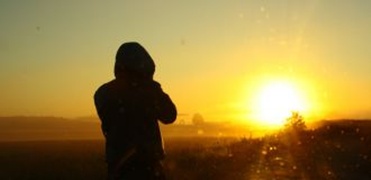We've found 42 matches for your search. Order by
Results
-
 £40.00
£40.00I SEE THE LIGHT (from Tangled) (Brass Band) - Barry, Darrol
This beautiful song is taken from Pixar's animated feature?Tangled. The opening section features the solo horn against a light accompaniment. The music builds to a change of key where the melody moves over to the euphoniums and baritones. This is a useful concert item and playable by all levels of bands. Grade: 4th section +. Duration: 3:44
Estimated dispatch 7-14 working days
-
£40.00
I See The Light - Menken, A - Barry, D
This beautiful song is taken from Pixar's animated feature Tangled. The opening section features the solo horn against a light accompaniment. The music builds to a change of key where the melody moves over to the euphoniums and baritones. This is a useful concert item and playable by all levels of bands.4th section +Duration 3.44 mins
In Stock: Estimated dispatch 1-3 working days
